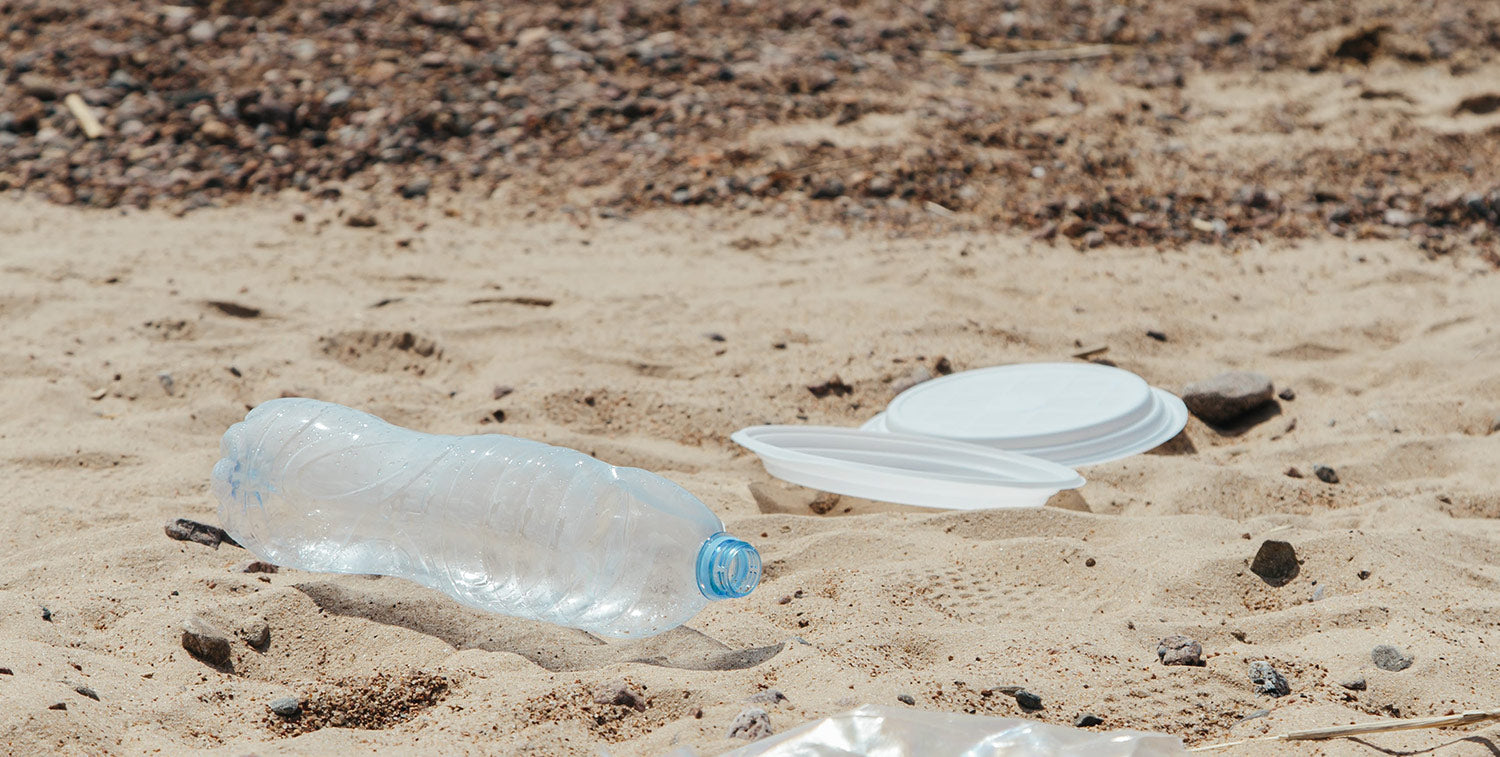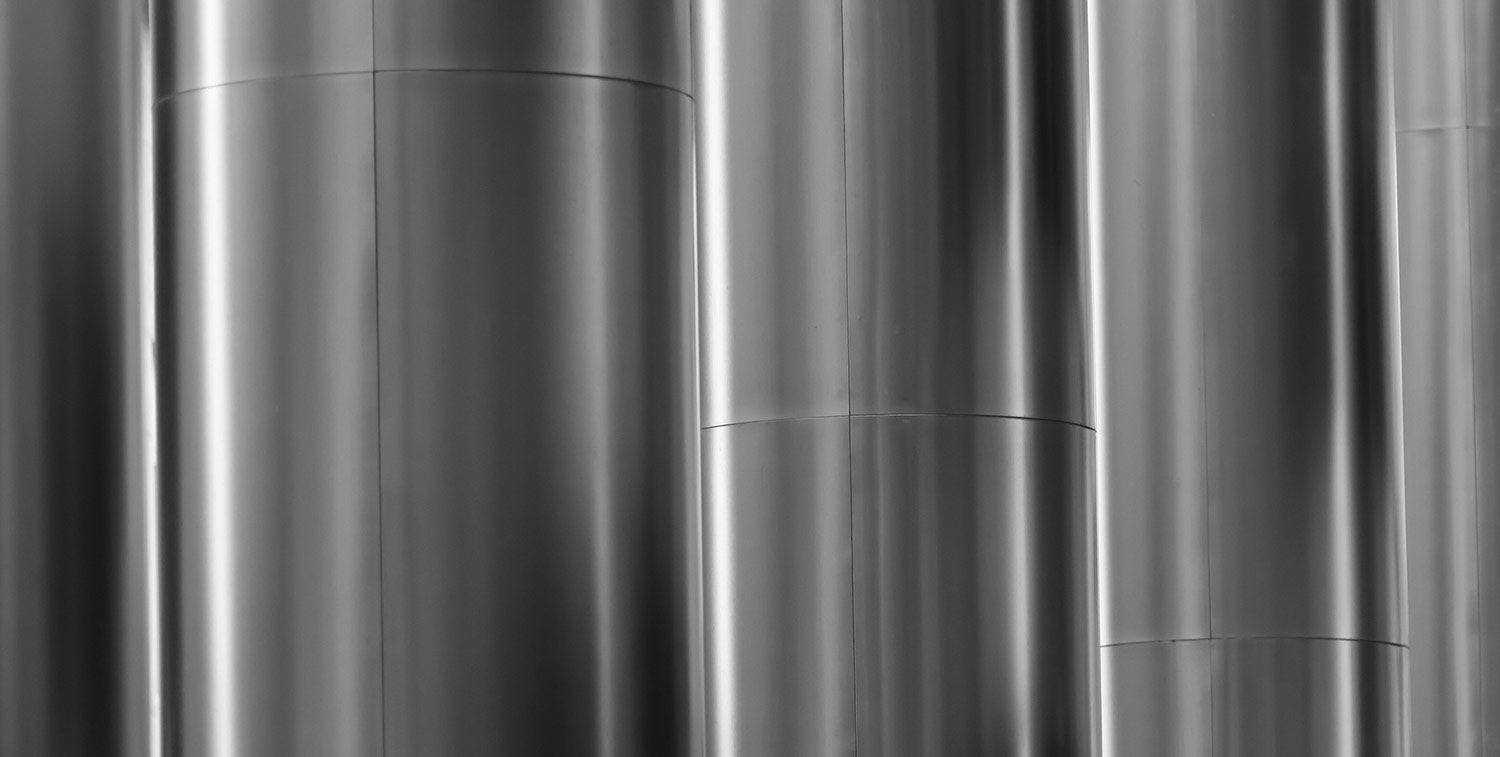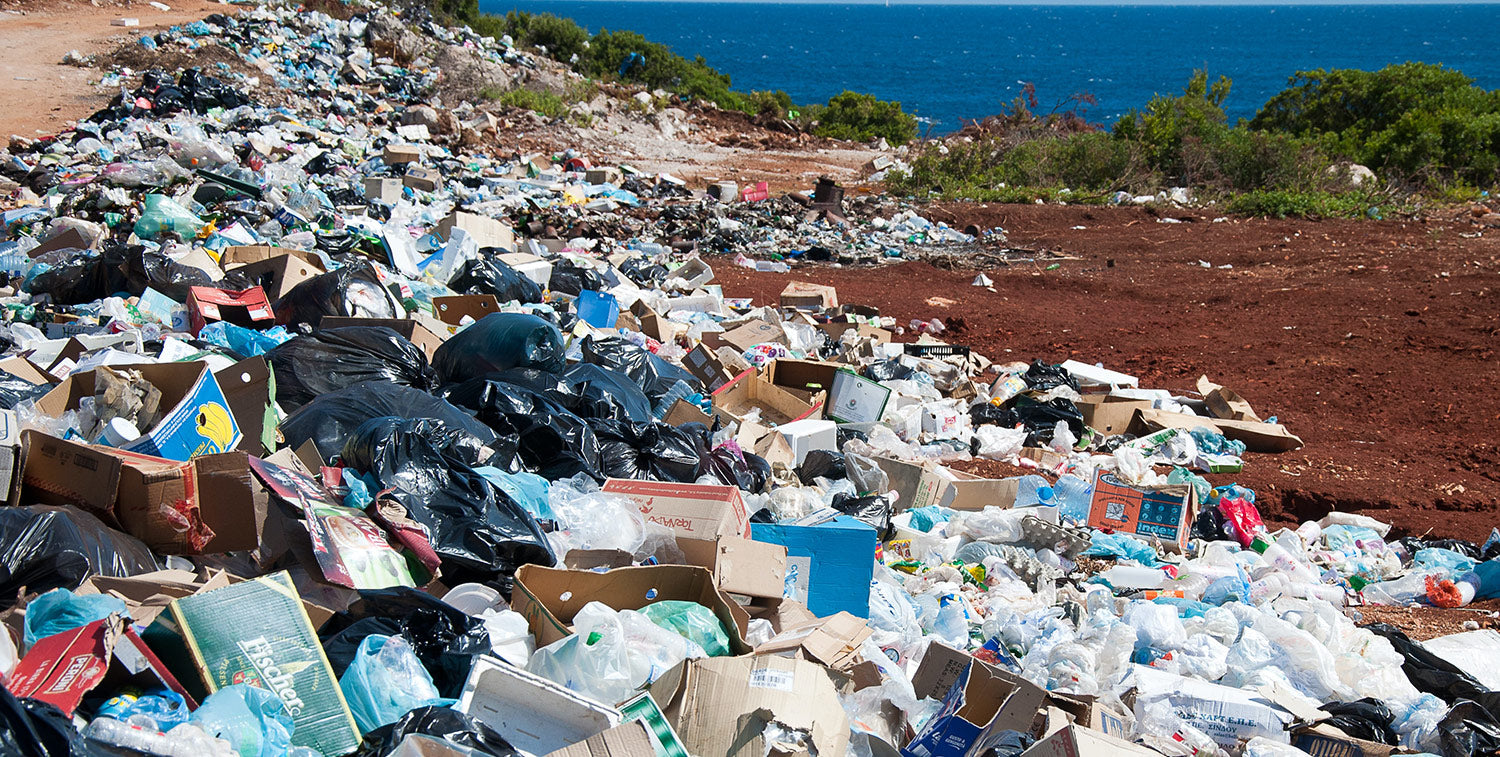Recycling is the process of collecting and processing materials that would otherwise be throw away and turning them into new ones. Recycling has a great many environmental and economic benefits, as we'll discuss.
One way to understand why recycling is important is by examining what happens when something isn’t recycled. An aluminium can, a plastic bottle, an iPhone or a car all took a lot of energy and resources to create.
Quick links
-
The environmental cost of plastic bottles
-
Environmental and economic sense to recycle
-
The environmental impact of landfills
-
Benefits of recycling
-
The move to circularity
-
Why recycling matters
The environmental cost of plastic bottles
Let’s look at that plastic soda bottle. The raw material for it - and all plastic packaging - is made from ethylene. Ethylene is derived either from natural gas or from crude oil. Both sources are non-renewable, and extracting them puts a huge burden on the planet in terms of greenhouse gas emissions and other forms of pollution.
After the gas is piped or the crude moved - a risky proposition in the best of circumstances but even dicier if extracted in a sensitive area like the arctic or an unstable one like the Middle East - producing and refining that ethylene further requires massive amounts of energy. And we're not even done yet.
The ethylene then has to be combined with other chemicals and solvents to transform it into usable raw plastic (usually pellets or flakes) that then has to be transported (again) to a facility that turns it into a bottle that, in all likelihood, is used once and winds up in the trash. That bottle is the result of a lot of expended energy and resources.
The high cost of single-use plastic
When a plastic bottle is thrown away all of that energy is wasted. Arguably, turning a non-renewable resource into a single-use plastic bottle is a hallmark of waste. If it ends up in a landfill that's an absolute waste. Using a non-renewable resource in an energy-intensive process (using, you guessed it, more non-renewable resources as power) to create a one-use item that is then buried in a dump and doing it over and over is the definition of insanity. Cliché but true in this case.

The whole process of using non-renewable resources to create single-use plastic bottles, only to see them end up in landfills time and time again, is undeniably wasteful and environmentally detrimental. It's high time we explore and adopt more sustainable alternatives to single-use plastics.
It makes environmental and economic sense to recycle
Metals and environmental impact
The story is very similar when you look at metals, with one large caveat. An incredible amount of energy must be expended to extract metal ore from the Earth. Mining itself is also an activity that scars the land and can ruin water and ecosystems. Not to mention it's dangerous.
The sustainable side of metal recycling
The good news is that when it comes to metals we are already on the right track. Today, about 75 percent of all aluminum produced in history, nearly a billion tons, is still in use. Not only is it infinitely recyclable, it takes up to 95 percent less energy to recycle than to produce new aluminum, which also limits emissions, including greenhouse gases.
Economic incentives for recycling steel
The steel industry has also been actively recycling for more than 150 years, not out of any sense of environmental stewardship but because it makes economic sense. It costs less money to recycle steel than to mine ore and process it into new steel.

Efficient recycling of metals
Metals are recycled more because they lose fewer of their inherent physical properties during the recycling process, and reprocessing scrap results in drastically reduced energy and material requirements compared with refinement from raw ore.
The environmental impact of landfills
Besides the incredible waste that occurs when something is tossed into a landfill instead of being properly recycled, chemical leaching is another concern. Landfills are built with an eye on the long term but let’s face it, the future is uncertain.
Today landfills are constructed to safety standards miles ahead of the city dumps of the past, with semi-impermeable clay barriers meant to protect groundwater and sensors installed that monitor the air.
The fact of the matter, as stated by The United States Environmental Protection Agency, is that those barriers "will ultimately fail," while the site remains a threat for "thousands of years," suggesting that modern landfill designs only delay ground and surface water contamination.
The hazard of harmful chemicals
Remember that plastic bottle? Of the millions of tons of plastic bottles and packaging waste that landfills contain, a good portion contains plastic made using chemicals like BPA. Mix that in with all the other things that end up in landfills - batteries, paints, and solvents (which can all be properly recycled) - and you get the picture.
The climate impact of landfill gases - methane emissions from landfills
Not to further depress you but landfills also emit gas. Landfill gases have a big influence on climate change because the major components are CO2 and methane. Methane in the atmosphere is a far more potent greenhouse gas, with each molecule having twenty-five times the effect of a molecule of carbon dioxide. Sometimes it is captured and used productively, but mostly it is just flared, or worse, just released into the air.

So, what are the benefits of recycling?
The opposite of all the terrible things you just read. Nobody likes being told what to do. One of our goals at agood company is to transform mindless consumption into conscious decisions. We want you to feel empowered and educated so that the decisions you make produce good outcomes for you and your family.
Our products all come from sustainable and eco-friendly sources. They are cradle to cradle certified to have a net positive environmental impact, even when the time comes to throw it away. You don’t have to buy any of our products but it is important to think about what happens to the products you do end up purchasing after you no longer need them.
The move to circularity
The ultimate goal of the recycling economy is to become fully circular. This means that all waste is designed out of the system. Products are made in a way so the raw materials can be easily reused multiple times and safely returned to the biosphere thereafter.
Moving towards a circular economy means we're changing how we use resources and deal with waste in a big way. It's a shift from the old way of using things and throwing them away to a new way of reusing and recycling as much as we can. Unlike the traditional linear economy, which follows a "take, make, dispose" model, the circular economy promotes a sustainable and regenerative approach. Its primary aim is to minimise waste and maximise the reuse and recycling of materials and products.
agood company products you can send back to us
Why recycling matters
Recycling is much more than just separating your trash; it's a practice that brings numerous benefits to the environment, the economy, and society as a whole. By reducing waste, conserving natural resources and saving energy recycling is an essential component of a sustainable and environmentally conscious future. So, the next time you toss that plastic bottle into the recycling bin, remember that you are contributing to a cleaner, greener, and more prosperous world.
Besides, recycling serves as a powerful tool for environmental education. It helps people learn about the life cycle of products and the environmental impact of their choices. Through recycling, people can become more informed about the consequences of their actions and make more sustainable decisions. It provides an opportunity for schools, organisations, and communities to educate and engage individuals, fostering a deeper understanding of environmental issues and encouraging responsible consumption.
Check out our easy tips for recycling at home to further amplify your positive impact on the environment and make sustainability a seamless part of your daily routine.





